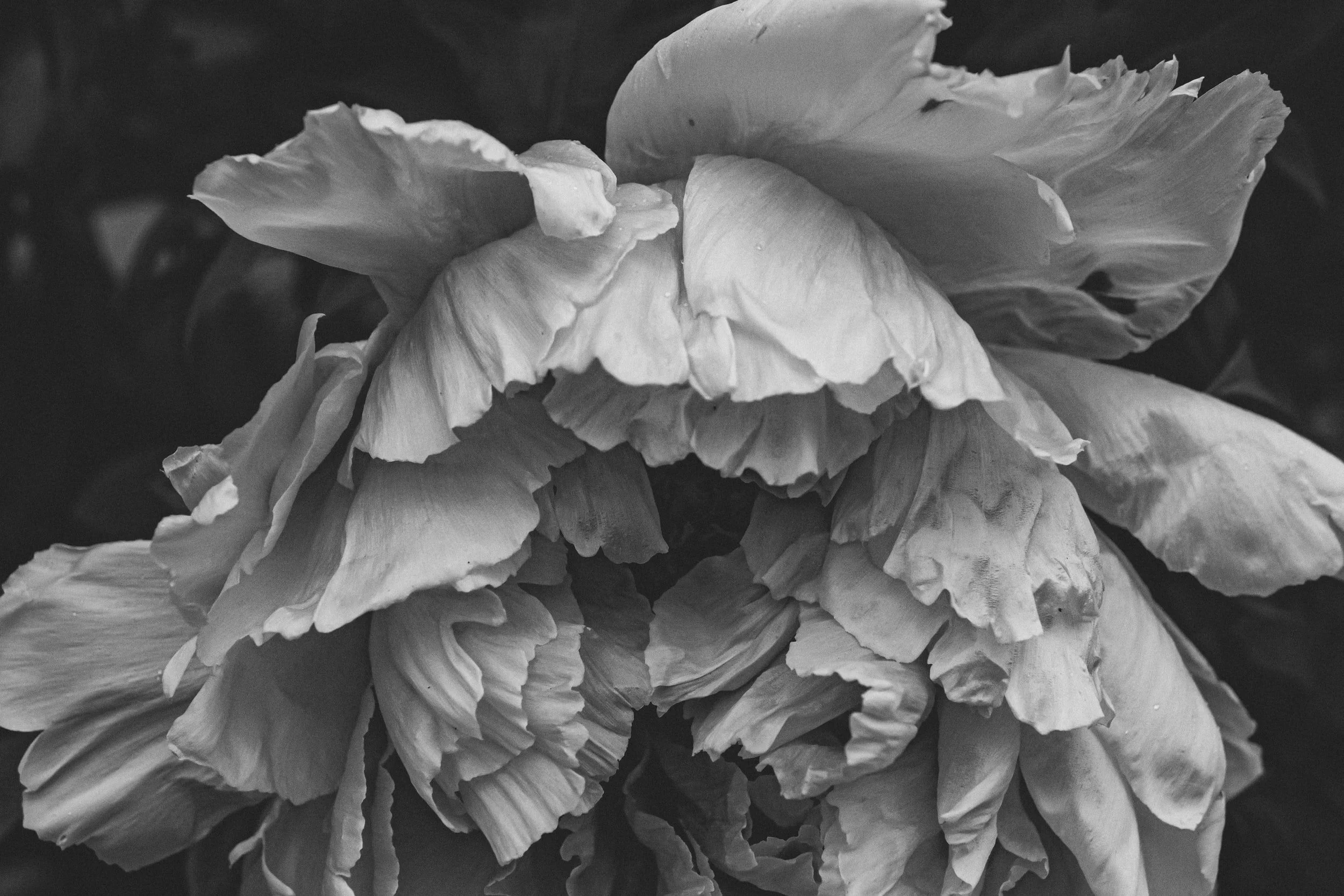August 9, 2010
by Jeanne Denney
When I tell people that I am a hospice worker I often get a standard response: “How do you do that?… Don’t you find that depressing?” The first question is actually quite deep and interesting. (“Yes how do I do that? With what part of myself do I do that?”) But the second one always stumps me. I get puzzled when people expect that I will be depressed in the face of a natural process. Why would I find being with dying any more depressing, I wonder, than attending a birth, watching leaves fall in the autumn, going to a wedding or taking off my youngest child’s training wheels? But somehow, somewhere the idea that contact with death is negative, even a possible contagion to be avoided, has spawned, even though (absent infectious disease) there is little direct evidence to support this. Perhaps because of this and the way that our healthcare system works to use exceptional means attempting to prolong life, more and more people die in hospitals each year rather than at home. This despite the fact that most people express wishes to die at home. Dr. Atule Gwande gives a good summary of how this comes about in this NPR interview: Making End of Life more humane.
Sometimes as a staff person in a Hospice I did feel tired or unsupported. Sometimes I feel sad at the trauma, shock and lack of support for dying people and their families. All of this has an effect on the experience of the people around dying, but rarely if ever do I feel depressed at the fact of death itself. Indeed, when I take good care of myself and have time to build relationship with a patient, the opposite is usually true. In a situation without trauma, once death is clearly coming and has been accepted, I am more likely to leave a deathbed with a kind of joyful, expanded energy as a depleted or depressed one. I continue to do this work because it enriches my life. On a good day, when I come from my deepest desire to connect to the full throb of life in all of its forms, it is extraordinarily uplifting and usually I can perceive that this response is mutual.
Experiencing contact with death as positive is admittedly not a common expectation. Talking of it this way can even be seen as a little subversive. Just yesterday I came across a Youtube video of a spiritual teacher Hindu Swami SivaBaba giving just this teaching. In a nutshell, he advised that to think of death or plan for it causes death: Don’t do it. I have worked with cancer patients that have this idea, and even the American Cancer Society often appears to advance this view in their aggressive stance in fighting death, the enemy. The assumption is common. As I was preparing to format a second class to support death planning (which I call “Planning on Dying: An Exhuberant Life Exploration”) I came upon a blog written by psychologist Wanda Horrell entited: I am Not Planning on Dying! Wanda’s article expressed important truths about mind/body health and the power of optimism and positive thinking on life and illness. I agree with her completely. I don’t wish to contradict anyone’s views or beliefs. Still, is it really a benefit NOT to plan on dying given that the death rate throughout history is still hovering at 100.00000000%?
Maybe it helps to explore the idea that illness and death are different things. Positive focus on principles of optimism is something that is healthy for people of all states and ages. It doesn’t follow that death thoughts are signs of pessimism or that avoiding them is the antidote to illness. What if deeply receiving the contractive principles of life is needed just as much as focus on expansive ones? I am betting my nickel that someday we will find that avoiding surrender to the facts and feelings of loss, aging, death and dying, is at the root of many illnesses and a source of lifelessness itself. At the very least it often brings unfortunate denial and resistance that ultimately increases pain, struggle, stress and suffering in processes around death. Studies like this one show that people who are supported in planning for their own dying, giving time and thought to their death wishes, have much better experiences in the life process we call death. To quote the article:
“Family members of patients who died had significantly less stress, anxiety, and depression than those of control patients. Patient and family satisfaction was also much higher in the intervention group.” (British Medical Journal Website)
Death avoidance sells a lot of products in the United States, and probably the rest of the world. Mania is in, depression is out. Expansion is in, contraction is out. Just as the Victorians suppressed and feared sexuality while they obsessed on death, so we do the opposite. Sex is in, death is out. But for me, being really alive is about the full monty.

